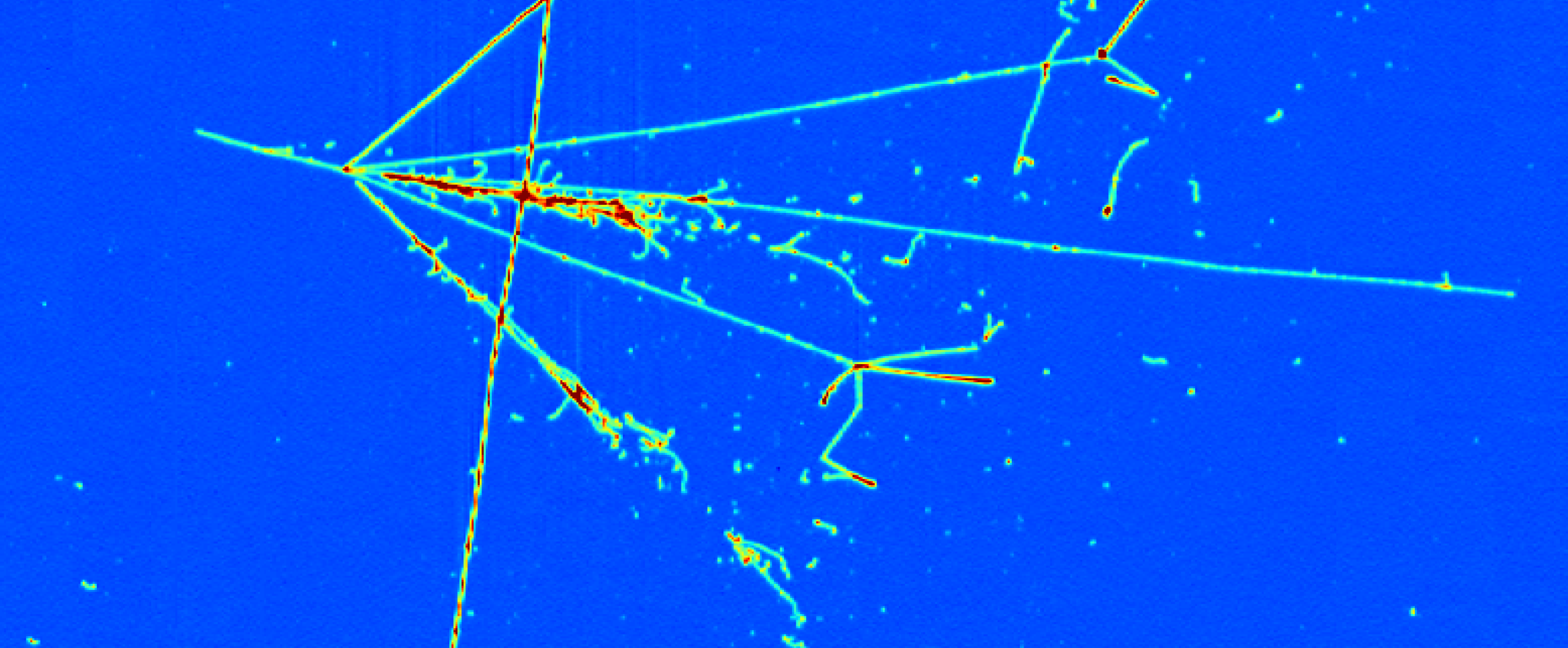High energy physics (HEP), often referred to as particle physics, is a compelling branch of physics concerned with the study of fundamental particles and the forces that govern their interactions. The significance of HEP stretches far beyond mere academic inquiry; it plays a pivotal role in advancing our understanding of the universe, influencing various technological innovations, and providing insights into the fabric of reality itself.
At the core of HEP is the exploration of the universality of matter. The Standard Model, a well-established framework in particle physics, categorizes all known fundamental particles, including quarks, leptons, and bosons, while elucidating their interactions through four fundamental forces: electromagnetic, weak, strong, and gravitational. The search for a unified theory that brings these forces under one theoretical umbrella is a cardinal objective and highlights the intrinsic interconnectedness of our physical universe.
The Higgs boson’s discovery at CERN’s Large Hadron Collider (LHC) in 2012 stands out as a landmark achievement in HEP. This elusive particle, associated with the Higgs field, plays a crucial role in endowing mass to other particles, thereby elucidating why certain particles possess mass while others do not. The implications of this discovery resonate deeply, serving as a cornerstone for further theoretical exploration and experimental validation in the quest for a deeper comprehension of mass and energy.
Moreover, HEP significantly impacts cosmology, the scientific study of the universe’s origin, evolution, and eventual fate. Through the study of cosmic rays and the behavior of elementary particles under extreme conditions, physicists derive critical insights into the early universe’s state. Research has also unveiled cosmic phenomena such as dark matter and dark energy, which together constitute approximately 95% of the universe’s total mass-energy content. Investigating these enigmatic components invites new challenges in both theoretical physics and cosmology.
Deeply intricate theories such as superstring theory and loop quantum gravity arise from the need to integrate general relativity and quantum mechanics, emphasizing the quest for a comprehensive understanding of the universe that spans from the infinitesimally small to the incomprehensibly vast. Anyone interested in profound philosophical questions about existence and creation can find fertile ground in HEP’s trajectory, which straddles science and philosophy, inviting dialogue about the essence of reality.
As HEP continues to evolve, so do its experimental techniques and methodologies. Particle accelerators, like the LHC or the proposed Future Circular Collider (FCC), engage in colossal feats of engineering and technology. These facilities accelerate particles to near-light speeds, enabling collisions that replicate conditions akin to those just after the Big Bang. The resultant data harvested through sophisticated detectors provide unprecedented avenues for exploration, propelling discoveries that could redefine humanity’s understanding of nature.
However, the significance of HEP is not confined to theoretical advancements or experimental triumphs. The pursuit of knowledge in this domain has catalyzed developments in various other fields, including medical imaging technologies, radiation therapy for cancer treatment, and even advancements in information technology. The technologies derived from high-energy physics illuminate paths in diverse areas, showcasing the far-reaching implications of what may appear to be abstract scientific endeavors.
In terms of education and public outreach, high energy physics plays an indispensable role in nurturing the next generation of scientists and fostering broader public interest in science. Institutions globally are committed to engaging younger audiences through informative workshops, conferences, and collaborative educational programs. By demystifying complex concepts and making them accessible, high energy physics can inspire curiosity, evoke creativity, and cultivate critical thinking—capabilities essential for societal progress in the face of both existing and future scientific challenges.
Furthermore, HEP’s commitment to international collaboration is striking and worthy of mention. The intricate challenges posed by particle physics necessitate cooperation among nations and institutions, manifesting in large-scale projects that transcend borders. Such collaborations epitomize a communal ethos—an understanding that the pursuit of truth is a collective endeavor, and solutions can often emerge from diverse backgrounds, enhancing the richness of scientific discourse.
In examining the ethical considerations associated with high energy physics, it becomes apparent that understanding the ramifications of particle physics is imperative. The potential applications of knowledge gleaned from HEP, particularly in areas such as nuclear energy or weaponry, invite careful scrutiny. The responsibility to wield this knowledge ethically and judiciously rests upon the scientific community, necessitating thoughtful discourse on the implications and consequences of its applications. We must navigate these waters with a sense of duty, ensuring that the advancements made contribute positively to humanity and the planet.
In summary, the significance of high energy physics is multifaceted and transcends the boundaries of traditional academic inquiry. It serves as both a catalyst for innovation and a philosophical exploration into the fundamental nature of reality. The remarkable interplay between theory and experimentation continues to enlighten our understanding of the universe, while its implications stretch across technological domains, educational landscapes, and ethical considerations. As we forge ahead, the journey of high energy physics promises to continually imbue our quest for knowledge with meaning and depth, inspiring future generations to delve into the mysteries that still lie ahead.












